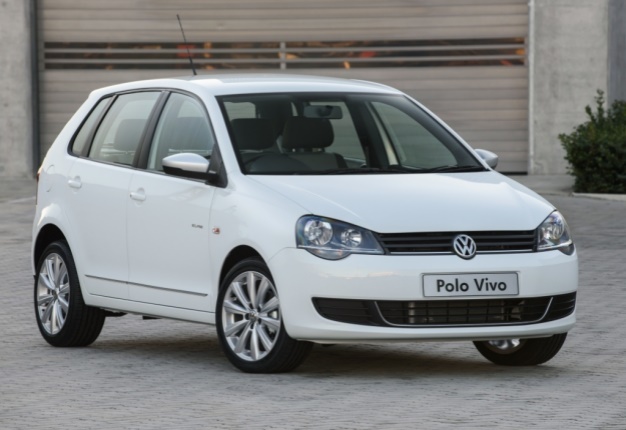1. Manufacturers are likely to offer good deals in order to attract sales:
Motor manufacturers and retailers are expected to feel the pinch more than ever before. “Manufacturers will consciously keep price increases to the bare minimum, to boost customer sentiment and encourage vehicle sales. Retailers, eager to generate sales, are likely to offer good deals. This will mean that margins at both dealer and OEM level will come under pressure,” says Mienie.
2. Banks will tighten their belts:
Banks are unlikely to finance as many deals, as some motorists place purchasing decisions on hold. “Motorists are already feeling the pinch. With the next fuel increases, they will have to tighten their belts even further. This may well include delaying the purchase of a vehicle” Mienie notes.
3. Energy efficiency will become a key purchase decision:
Motorists are likely to focus more on economy. “Electric cars are mostly unaffordable to the majority – so it’s unlikely we will see an escalation in the sales of electric cars. However, when buying a new or used car, motorists will take a very close look at fuel consumption. They will shun so-called ‘gas guzzlers’ in favour of more sensible, economical vehicles, including hybrids,” Mienie concludes.
Here are the most searched for budget cars in 2018(from April to December 2018)
Model Ranking:
1. Volkswagen Polo (including Polo Vivo and Cross Polo)
2. Hyundai i10 (including the Grand i10)
3. Kia Picanto
4. Ford Figo
5. Toyota Etios
6. Suzuki Swift
7. Nissan Micra (incl the Micra Active)
8. Honda Brio
9. Renualt Kwid
10. Datsun Go!
Image: Wheels24 / Supplied

